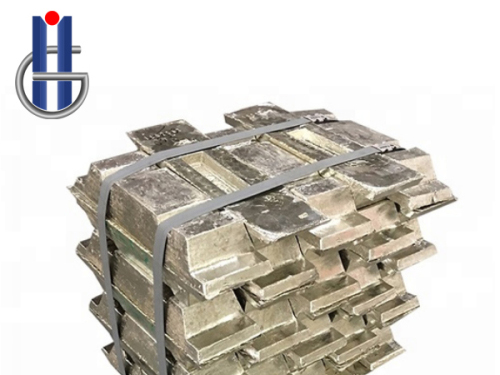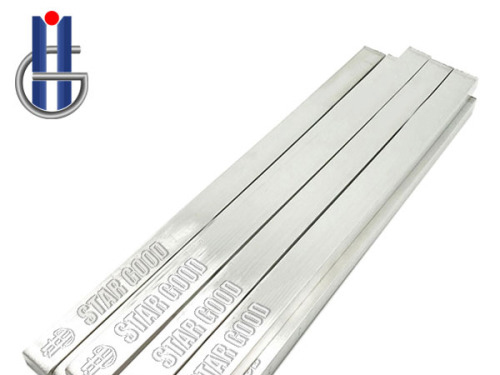Solder wire, Chinese name: Solder wire, Solder wire, Tin wire, Tin wire, English name: Solder wire, Solder wire is composed of two parts: tin alloy and flux, the alloy composition is divided into tin lead, tin copper, and other additives added evenly to the middle part of the tin alloy.
Silver wire is a chemical substance. The Molecular formula is Ag. It is a white and shiny metal with face centered cubic structure, and is an excellent conductor of heat and electricity; It does not react with water and oxygen in the atmosphere, but turns black when exposed to ozone, hyd rogen sulfide, and sulfur; It is inert to most acids and can quickly dissolve in dilute nitric acid and hot concentrated sulfuric acid. Hydrochloric acid can corrode its surface and dissolve in molten hydroxide bases, peroxide bases, and cyanide bases in air or in the presence of oxygen; Most silver salts are sensitive to light and insoluble in many acids.
Tin wire
From the above concepts of tin wire and silver wire, we can roughly understand that tin wire and silver wire are actually two different types of substances, and their differences are mainly manifested in the following aspects:
1. Color difference: Tin wire has a slightly blue white luster, while lead-free tin wire may have a yellowish color. The color of the silver wire is a purer white.
2. Different melting points: The melting point of tin is 183-227 ℃, which is relatively low compared to silver wire. The melting point of silver wire is 960 ℃ (lit.), much higher than that of tin wire.
3. Different hardness: The hardness of the tin wire is small, and it is easy to break when folded several times by hand. Compared to tin wire, silver wire has a higher hardness and is not easily broken.
4. Different uses: Tin wire is mainly used for soldering on electronic products, post welding processing, etc; Silver, on the other hand, accounts for a very small proportion of trace elements in the production and manufacturing of tin wire. Its main use is in gifts, jewelry, handicrafts, and the electronics industry.
 High Purity Tin Ingot: Crucial Applications and Benefits
High Purity Tin Ingot: Crucial Applications and Benefits
 Pure Tin Ingot: Essential Material for Diverse Industrial Applications
Pure Tin Ingot: Essential Material for Diverse Industrial Applications
 Unlocking the Potential of Pure Tin Bars: Essential Components for Diverse Industries
Unlocking the Potential of Pure Tin Bars: Essential Components for Diverse Industries
 Lead Bar for Sale: Uses, Specifications, and Buying Considerations
Lead Bar for Sale: Uses, Specifications, and Buying Considerations